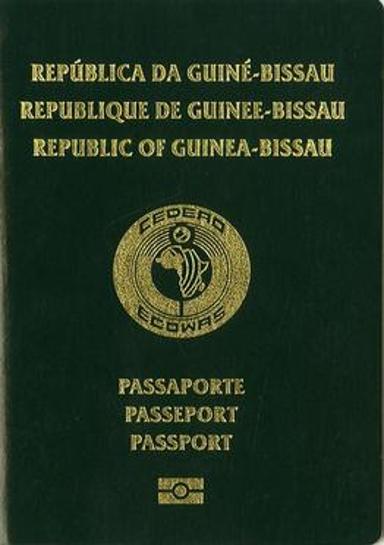Visa free access for Guinea-Bissau
As a Guinea-Bissau passport holder, you are permitted to travel visa-free to 91 countries and territories. This data is correct as of March 2024.
In order to travel visa-free, you will need a valid passport, often with at least six months until expiry. Additionally, you may need travel insurance, as required by your destination country.
Within these countries, there is often a separate section in airports where you can submit your Visa on Arrival. You will receive your visa on arrival (VOA) after entering the country that issued the visa.
Acquiring an eVisa follows the same process as applying for a traditional visa. The main difference with an eVisa is that you don’t need to visit a visa application centre. You can submit your application online, including making any payments relating to the visa.
Once the relevant authorities approve your application, you will receive a confirmation email regarding your visa status, along with a document that you must print and bring with you when crossing the border.
You will need a valid visa to enter the 91 countries with a Guinea-Bissau passport.
About Guinea-Bissau
Located on the West African coast, Guinea-Bissau is a small, tropical country known for its rich culture and biodiversity. The climate is tropical with a wet and dry season, the wet season being from June to November and the dry season from December to May. The country is home to approximately 1.9 million people and is a melting pot of cultures, with over 20 ethnic groups co-existing, each with its own unique customs and languages.
Guinea-Bissau’s economy is largely agricultural, with cashew nuts being the main export. Despite its rich natural resources, including fish, timber, and phosphates, the country faces significant socio-economic challenges. Political instability and corruption have hindered economic development, making it one of the poorest countries in the world.
Despite these challenges, Guinea-Bissau offers a unique blend of natural beauty and cultural richness. It boasts a diverse wildlife, unspoiled beaches, and historical sites such as the Bijagós Archipelago, a UNESCO Biosphere Reserve. The country’s vibrant music, dance, and traditional festivals reflect its rich cultural heritage, making it a hidden gem for explorers and culture enthusiasts.

 Guinea-Bissau
Guinea-Bissau




































































































































































































